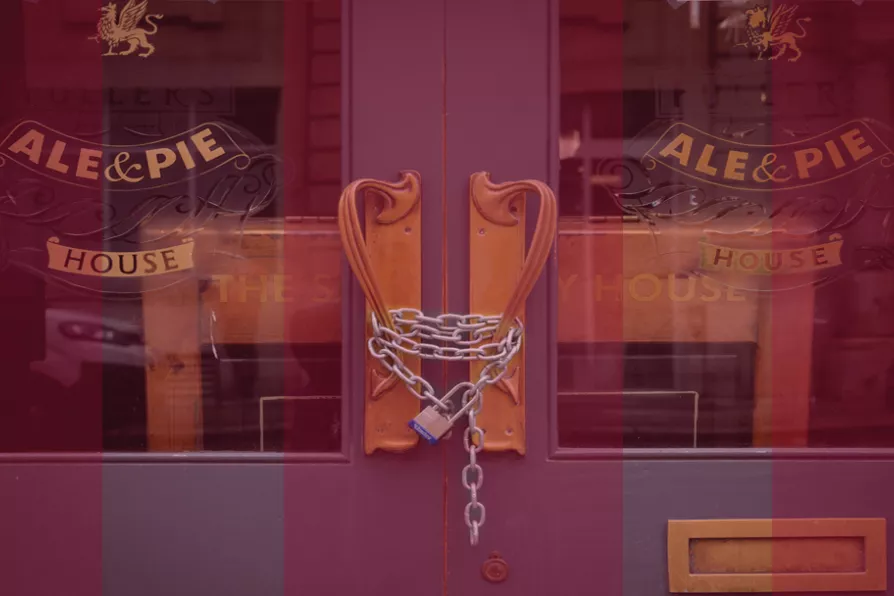The selection, analysis and interpretation of historical ‘facts’ always takes place within a paradigm, a model of how the world works. That’s why history is always a battleground, declares the Marx Memorial Library

 Just as the events of 1842 outside the Leopard are a story of those times, today’s story of the Leopard is a story of our times. The owners of 10 years who had tried and struggled to make it pay as a pub handed back the keys. Then the Grade II listed building was bought by property developers and its descent began.
Just as the events of 1842 outside the Leopard are a story of those times, today’s story of the Leopard is a story of our times. The owners of 10 years who had tried and struggled to make it pay as a pub handed back the keys. Then the Grade II listed building was bought by property developers and its descent began.
IF YOU were to write the story of the role of the pub in our history, it would run into many volumes. The pub has played a crucial role in our politics, economics and our culture. I must admit, for me this is personal, some of my most important cultural experiences have been in pubs.
As a jazz and folk fan there’s nothing more sublime than a good gig over a pint, or as satisfying after a political meeting as putting the world to rights in the pub. One of the things I’ve missed in Covid times has been those convivial connections; I miss the meetings less.
Yet not a week has gone by when there has not been news of a pub closing for good. Every time I hear that, it feels like a real blow as a community loses an important space. Last month, such a closure made our regional TV news — not in a good way.

Paul MacGee of Manifesto Press invites you to a special launch on Saturday August 2.

NICK MATTHEWS previews a landmark book launch taking place in Leicester next weekend

Above a Gothic bar just down from Brighton station, something spooky is happening, suggests JAMES WALSH

LYNNE WALSH previews the Bristol Radical History Conference this weekend










